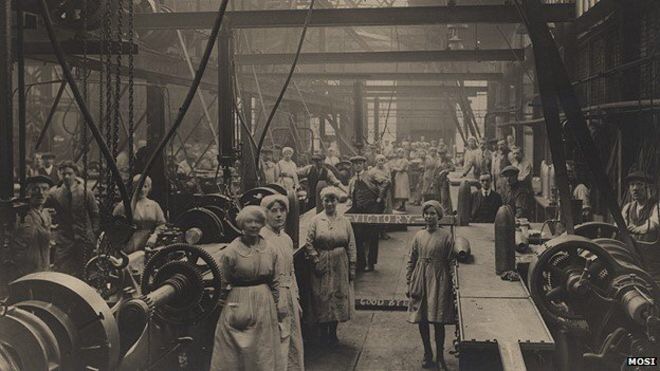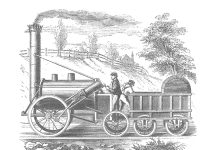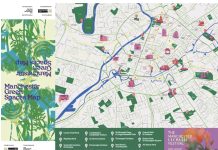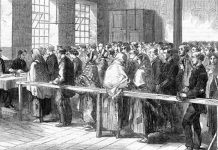One hundred years ago, Britain is one year into the First World War and facing a munitions crisis.
With stalemate on the Western Front and hopes of a quick victory shattered, The government establishes the Ministry of Munitions in a desperate response to the shell crisis and appoints David Lloyd George as Minister of Munitions.
In a subsequent visit to Manchester, he appeals to the city’s great scientific and engineering minds for help.
One of those who responded was Sebastian Ziani de Ferranti,Mano had come to Manchester twenty years previously and a selection of his original diaries, company archives, sketches and letters will go on display for the first time.
He masterminded the conversion of his entire factory in Hollinwood which was making domestic electrical goods into an armaments factory, making shells and fuzes on an industrial scale never seen before in the UK.
But he wasn’t the only one to aspire to the call.The largely untold stories of Manchester Industrialists call to arms is on display with over thirty unique and seldom seen artefacts, photographs and documents largely drawn from the museum’s archives.
Mather and Platt’s sprinkler system, Thornton Pickard’s ariel reconnaissance cameras, Beyer Parvoxk’s switch from manufacturing locomotives to anti aircraft gun carriages and bomb throwers for ships. They all played their part in turning Britain’s economy into a war machine.
The Munitions Inventions Department will also be explored: “In the absence of a specialised defence industry, the general public were encouraged to submit their own ideas on how to break the stalemate in WW1.
“Examples of the rejected Inventions show how ideas were often eccentric and unfeasible – from training seagulls to poop on enemy periscopes to mounting machine guns on to artificially frozen clouds. In this spirit of the bizarre, visitors to the exhibition will be invited to design and create their own novel solutions to wartime problems.”
Under Lloyd George’s leadership, the munitions industry grew rapidly, and by 1918 was employing some three million workers in over 20,000 factories across Britain. The reputation he gained as Minister of Munitions is seen to have formed the basis of his political ascent to Prime Minister in late 1916.
The Innovagion Race Manchester Makers join the First World War Museum of the Scienve and Industry 28th March 2015-April 2016 Admissison Free Suitable for ages 9+







